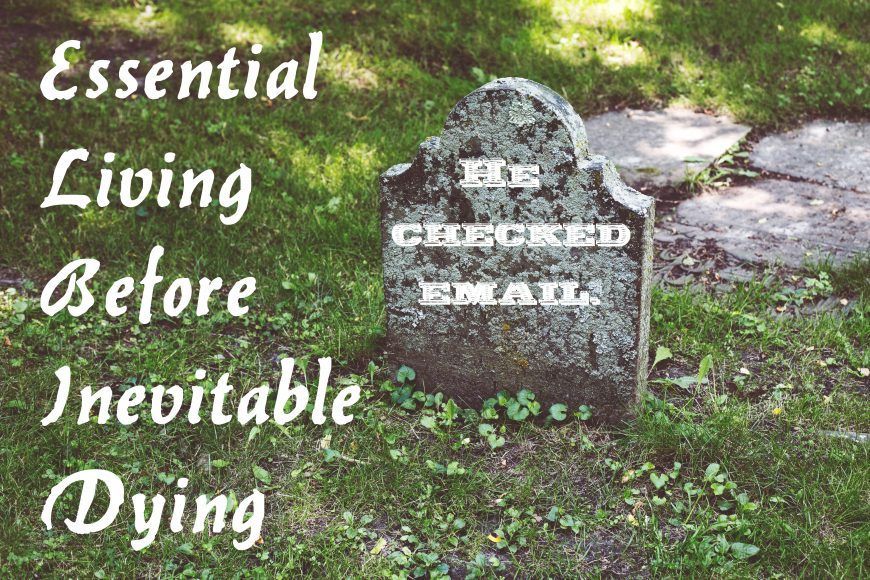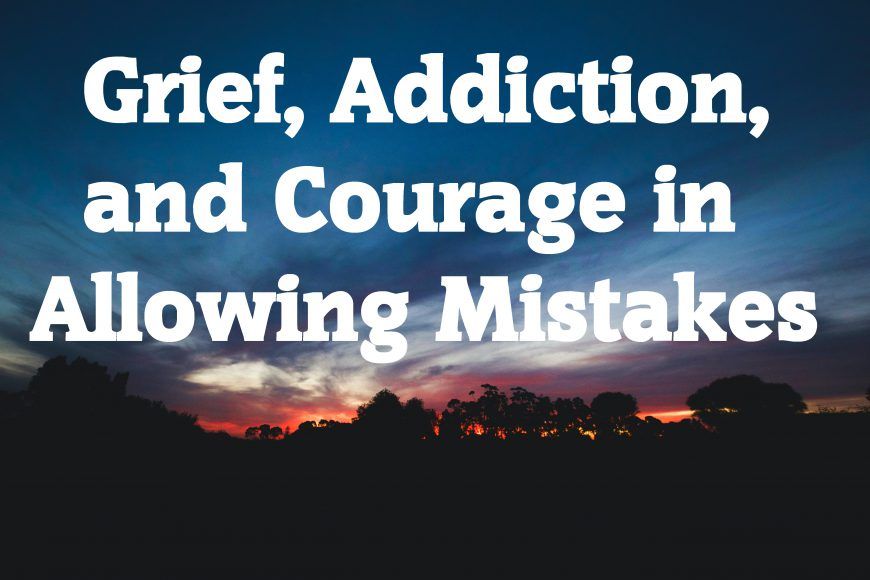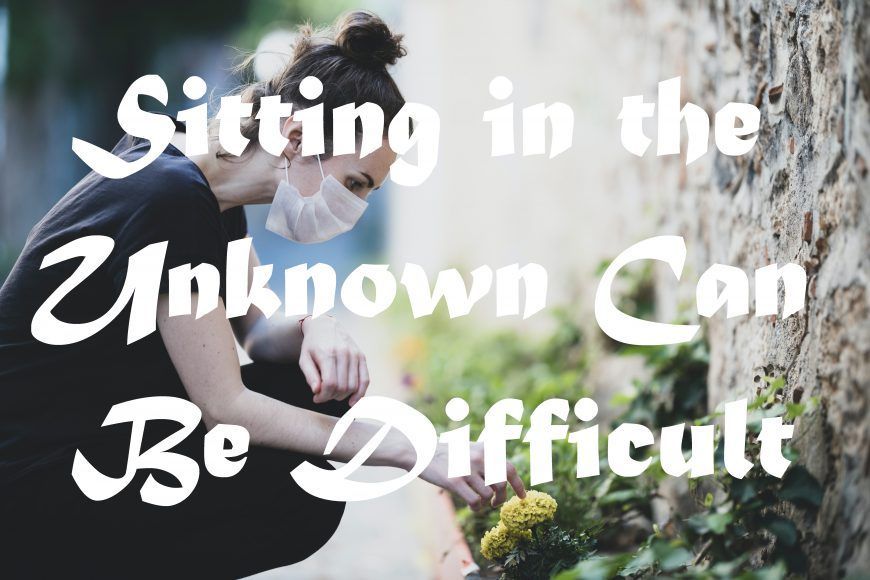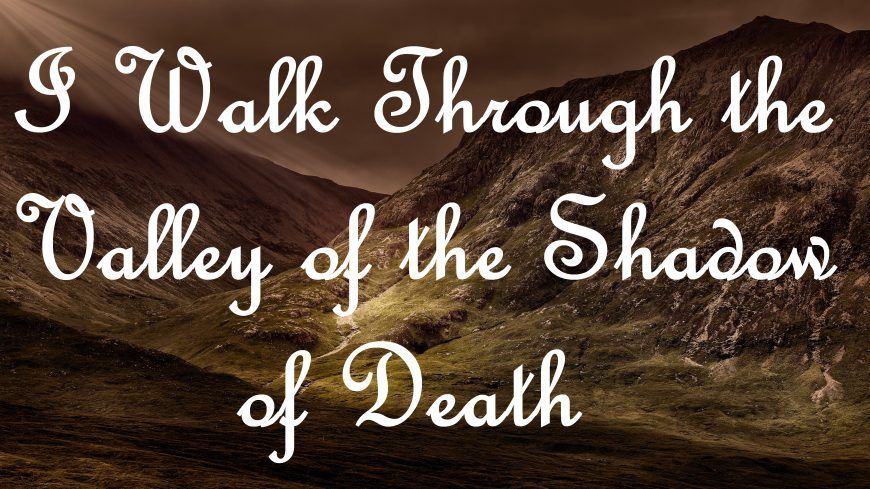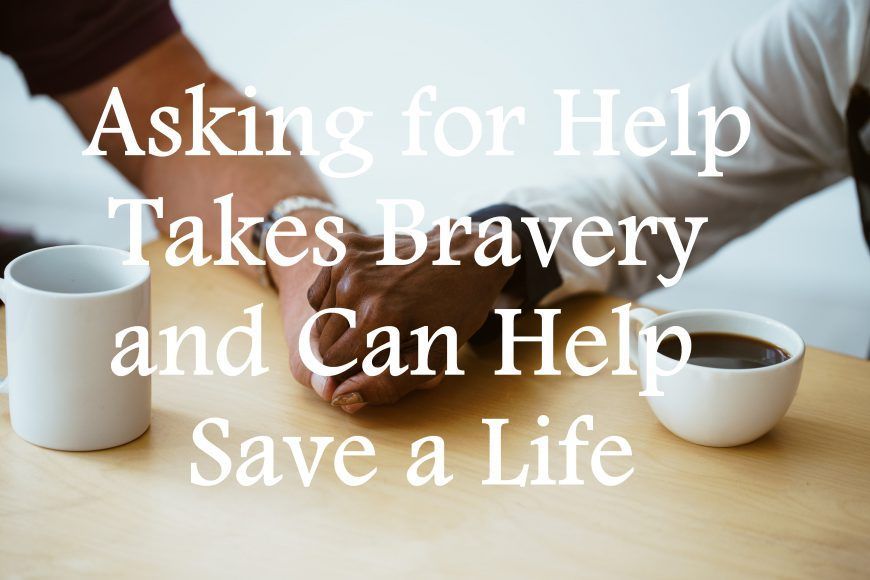How to Write a Eulogy
There is little in life that causes as much stress as giving a speech. We have nightmares about it, we have support groups for it, we even have national organizations dedicated to celebrating those who can do it well. In the case of having to give a eulogy at a funeral, the pressure may seem even more intense. Of course there is the added gravity of it being a solemn occasion to honour and memorialize the deceased but, giving a eulogy is like giving any kind of speech. It can be nerve wracking, difficult or a walk in the park depending on your comfort level. However knowing how to even write a eulogy is half the battle. Once you’ve written it down, we promise the speech will be a breeze.
Remember that giving a eulogy is an honour. It is your chance to celebrate the deceased and your words are the chance to help everyone through the grieving process. A great eulogy celebrates a person’s strengths, their character, their impact on those present and their achievements in life. It takes strength and courage to deliver a eulogy but please, don’t stress! We are here to help you write a wonderful, beautiful and moving eulogy that will properly memorialize the deceased.
Eulogy Writing Tips:
1. Tone of your speech:
The tone of your eulogy is very important. Will your speech be somber and reserved or would you like to introduce some humour? This is where your knowledge of the deceased and their friends/family comes into play. A eulogy also does not need to be one or the other. As you will see, there is a place for humour as much as there is a place for somber reflection. If you use humour correctly, it can make for a memorable speech that will highlight the deceased’s qualities and personality.
2. Who is your audience:
It is said that religion, sex and politics should never be spoken in polite company, and truthfully, this probably holds true for eulogies. However you need to know your audience. If the eulogized was a devout Libertarian but it was the butt of a family joke, perhaps this would be appropriate to introduce in your eulogy. Know your audience and if something might seem a little risky, perhaps you should just leave it out.
3. Be organized and manage your time:
The general rule for eulogies is to keep them at around 3 to 5 minutes. However services may be different. If you are unsure, consult someone who is organizing the funeral. And organize your eulogy like you would a school paper, with an introduction, body and conclusion.
4. Proofread/re-read:
The best way to practice a speech is to re-read it out loud. Find a quiet room and a mirror and read your eulogy to yourself. Try and practice looking up and pay attention to your body language. You may have a nervous tick you weren’t aware of (some of us at Qeepr loudly tap our chair when speaking to the public. *ahem). If you can read your speech to someone else, that is also a great way to find and fix mistakes.
5. As for help:
If you’ve been asked to eulogize someone you may not know particularly well, say a co-worker, it is OK to ask friends and family for stories and anecdotes to help in your speech.
6. What to NOT say:
A reminder that a eulogy is not the time nor the place to “get revenge” on the eulogized. We all have complex relationships with people but the pulpit or stage is not the place to work those emotions out. If the person being eulogized may not have been quite so wonderful, try and find redeeming qualities to focus on. Moreover, try and avoid politics, religion or sex in your speech (look at our first and second tips and judge whether or not these topics may be appropriate to your particular audience).
How To Write a Eulogy
1. Introduce yourself:
Briefly introduce yourself, your relation to the deceased or to the family. You can also offer your condolences in the introduction.
2. Touch on key points about their lives:
What did they do for a living? Are they leaving relatives behind? Were they good parents, good students, accomplished musicians? This is where you should list their accomplishments or in Qeepr lingo, their Milestones . This is the place to introduce some superlatives about them.
3. Share a funny/memorable story or brief anecdote:
End on a strong note and share a funny, touching and memorable story about the deceased. Share a story about how they once rescued a kitten from a tree or about that time they climbed Mt. Washington but got caught in a storm. End on a positive note about what they accomplished in their lives and what made them so special to the people in the room.
4. Quotes:
You can open and/or close with a good quote. Quotes are a good opportunity to build a larger anecdote. For example you could take this line: “Do you not know that a man is not dead while his name is still spoken?” (Terry Pratchett), and end your speech on the subject of how and why we should keep that person in our memories.
Famous Eulogy Quotes
Eulogies are the perfect time to let someone else’s words reflect how we feel. Like poetry, music and film, we use the words of other people to convey emotions we ourselves might not know how to share. It also bonds us through common cultural knowledge. If all else fails, a quote from their particular religious holy book is a great place to look.
When you are born, you cry, and the world rejoices.
When you die, you rejoice, and the world cries – UnknownThe bitterest tears shed over graves are for words left unsaid and deeds left undone – Harriet Beecher Stowe
People are like stained-glass windows. They sparkle and shine when the sun is out, but when the darkness sets in; their true beauty is revealed only if there light is from within – Elizabeth Kubler Ross
Death ends a life, not a relationship – Mitch Albom
What is a friend? A single soul dwelling in two bodies – Aristotle
A man’s friendships are one of the best measures of his worth – Charles Darwin
In three words I can sum up everything I’ve learned about life: It goes on – Robert Frost
Keep love in your heart. A life without it is like a sunless garden when the flowers are dead – Oscar Wilde
To live in hearts we leave behind is not to die – Thomas Campbell
Blessed are those who mourn, for they shall be comforted – Matthew 5:4
For everything there is a season, and a time for every matter under heaven: a time to be born, and a time to die; a time to plant, and a time to pluck up what is planted – Ecclesiastes 3:1-2
Do you not know that a man is not dead while his name is still spoken? – Terry Pratchett
For more resources, interesting facts and information, visit The Qeepr Community

